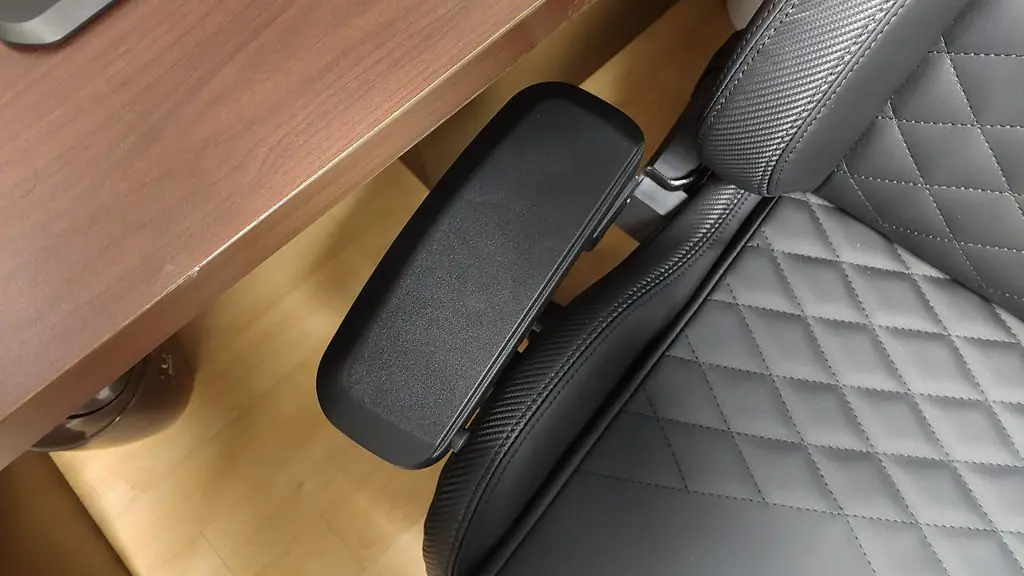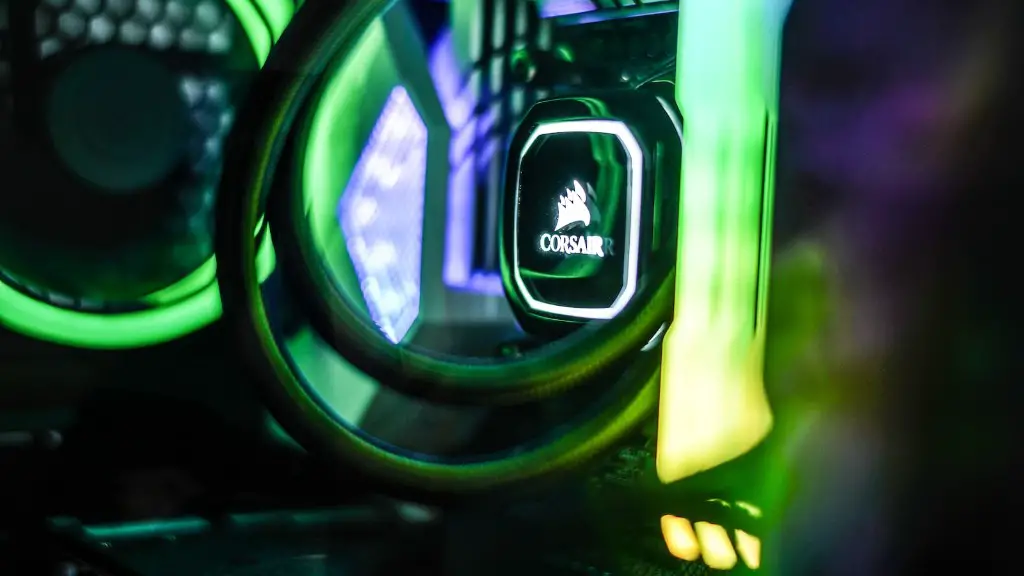The debate between choosing a gaming PC or a gaming laptop is one that has been ongoing for a while now. There are several factors to consider when looking at the pros and cons of each. It might be easy to jump to the conclusion that a gaming PC is the better option, but there are several factors involved that must be taken into account before making that decision. This article will explore each of these factors, and ultimately you will be able to decide for yourself which option is better for you.
One of the major differences between a gaming PC and a gaming laptop is their cost. Due to the portability that a laptop offers, it’s often much more expensive than a gaming PC. Along with this, there is also an increased cost for features that are necessary for gaming such as a dedicated graphics card, a higher-end processor and a larger display. On the other hand, a gaming PC can be built on a smaller budget with more powerful components without any of the portability of a laptop.
When it comes to performance, a gaming laptop will typically have the same specs as a desktop PC. So it should be able to handle most of the games that you would like to play. However, the performance of a gaming laptop is limited by its heat dissipation capabilities and the bandwidth of its I/O, meaning that it might feel sluggish compared to a gaming PC. On the other hand, a gaming PC will provide users with unbeatable performance, consistent and unsurpassable graphics, as well as virtually limitless possibilities for customization and upgrading.
Another major factor to consider is how easy it is to upgrade and maintain each type of computer. When it comes to a gaming laptop, aftermarket upgrades can be difficult, if not impossible to do due to space constraints. While some laptops do offer upgradable components, any upgrades would require disassembling of the entire laptop, making the process tedious and costly. On the other hand, gaming PCs will allow for easy and inexpensive upgrades as components can always be swapped out as needed. This means that a PC can last a very long time, giving you more bang for your buck.
Finally, when it comes to portability, gaming laptops will obviously have the upper hand due to their small size and weight. This makes them perfect for those who are always on the go and need to have a powerful gaming machine in their bag. On the contrary, gaming PCs are stationary and not as mobile friendly. This can be a deal breaker for some, but it should be taken into consideration when choosing between the two.
Graphics Quality
Graphics quality is another key element that must be taken into account when deciding between a gaming laptop and a gaming desktop PC. When it comes to graphics, laptops usually incorporate technologies that are several generations behind desktop PCs. This often results in reduced image quality, which can be a major drawback for those who are looking for an immersive gaming experience. On the other hand, a gaming PC will typically incorporate the latest graphics technologies available and will produce much better graphical results. The only downside to this is that these GPUs usually require additional power which often comes with a hefty price tag.
Compatibility
Compatibility is another important factor to take into consideration. If you plan on using a game that is not available for your laptop, then you’re most likely out of luck. This is because gaming laptops are often limited by their components which might not be compatible with certain titles. On the other hand, gaming PCs are easily upgradable, so there is much more flexibility when it comes to software compatibility.
Noise Levels
Gamers often complain about the amount of noise that is produced from their computers, especially when playing CPU and graphics intensive games. When it comes to noise levels, gaming laptops usually produce much less than desktop counterparts due to their use of quieter parts and better cooling systems. This makes them an ideal option for those who want to game in a quieter environment. On the other hand, gaming PCs can be noisy at times due to their use of high RPM fans, which can be quite loud.
Connectivity
Connectivity is another major difference between laptops and desktop PCs. Gaming laptops tend to have more ports and connectors which makes them ideal for those who need to plug in their gaming headsets, webcams, etc. On the other hand, desktop PCs usually don’t incorporate many ports or connectors which require users to purchase additional components for the same features.
Summary
Ultimately, whether a gaming laptop or a gaming PC is the better option for you comes down to individual needs and preferences. If you’re looking for portability, then a gaming laptop might be the way to go. However, it usually has a higher price tag and often sacrifices performance, as well as having limited upgrade options. On the other hand, gaming PCs might be cheaper and more powerful, but they lack the portability of a laptop. Whatever your choice is, make sure to take into account all the different factors before deciding.

